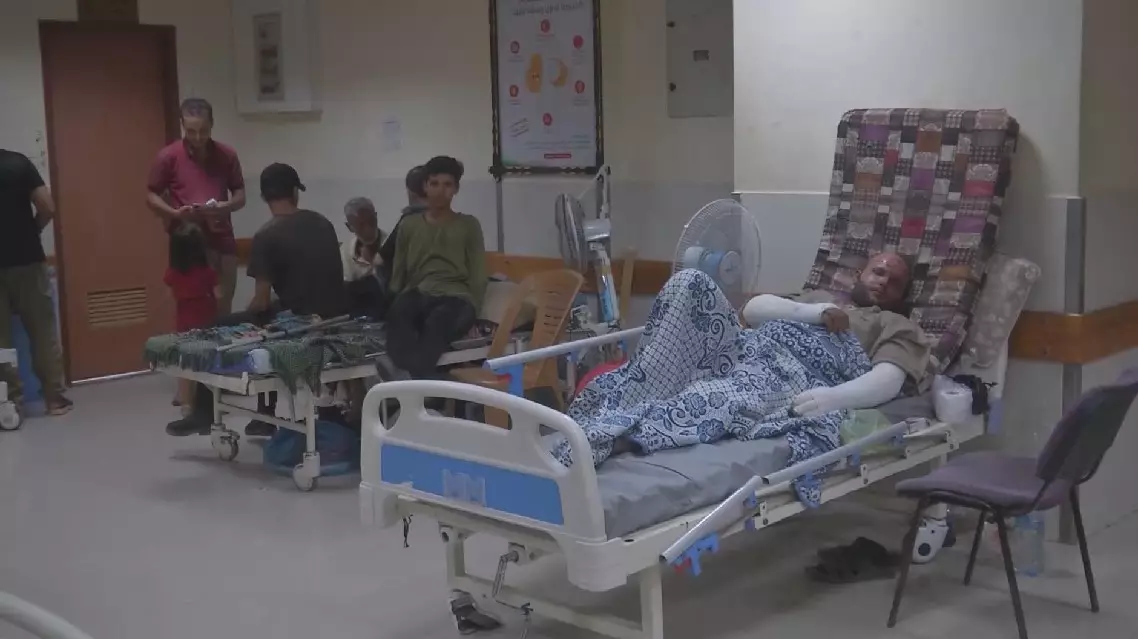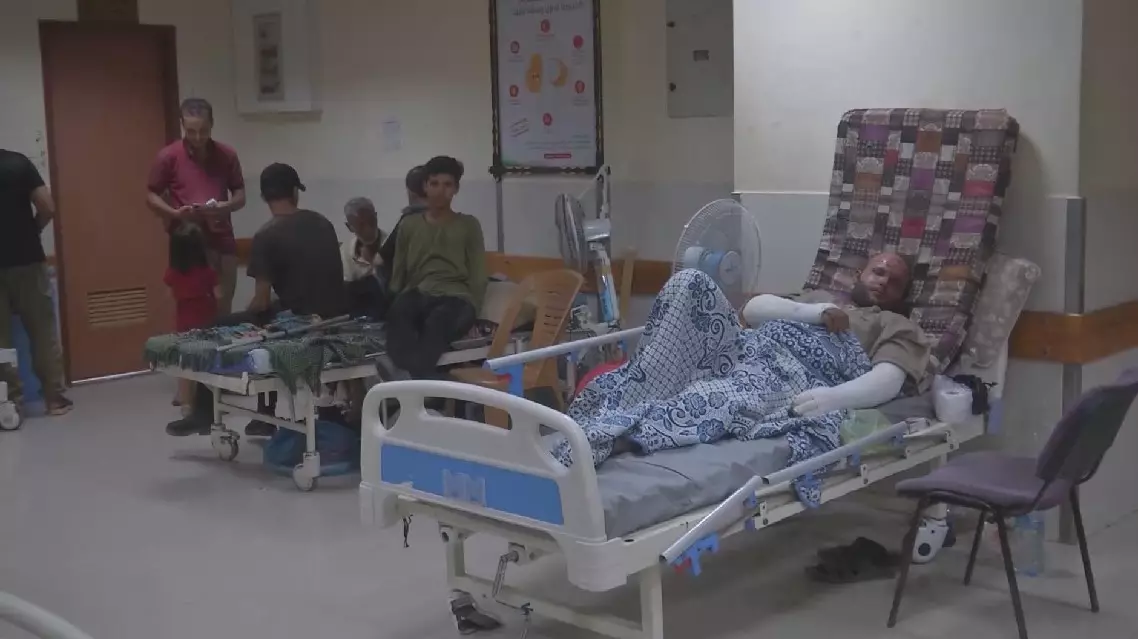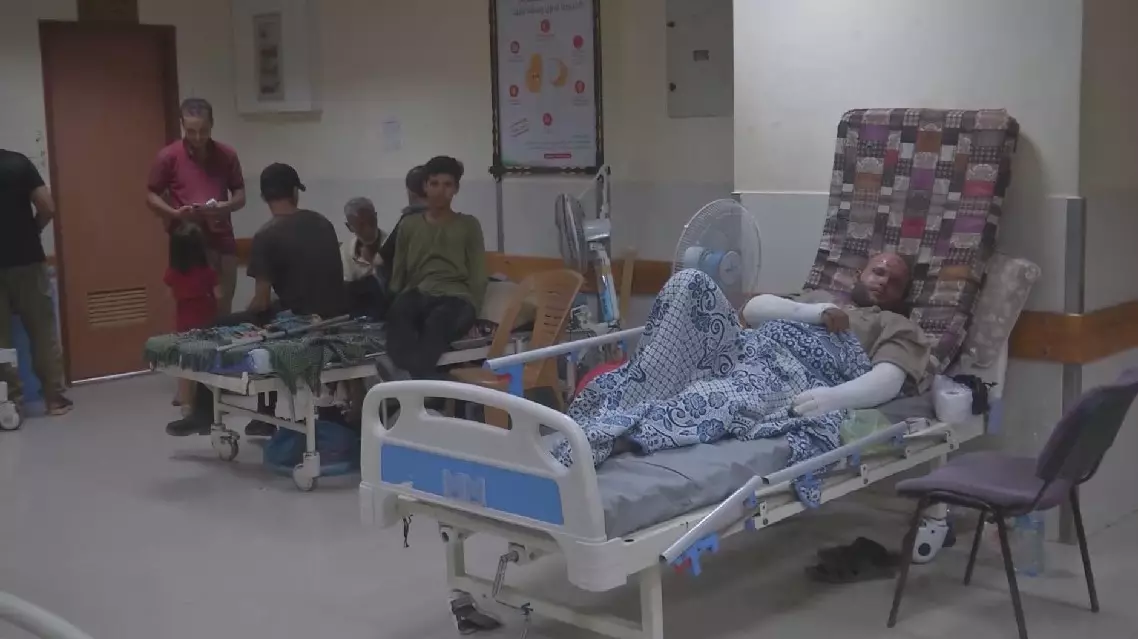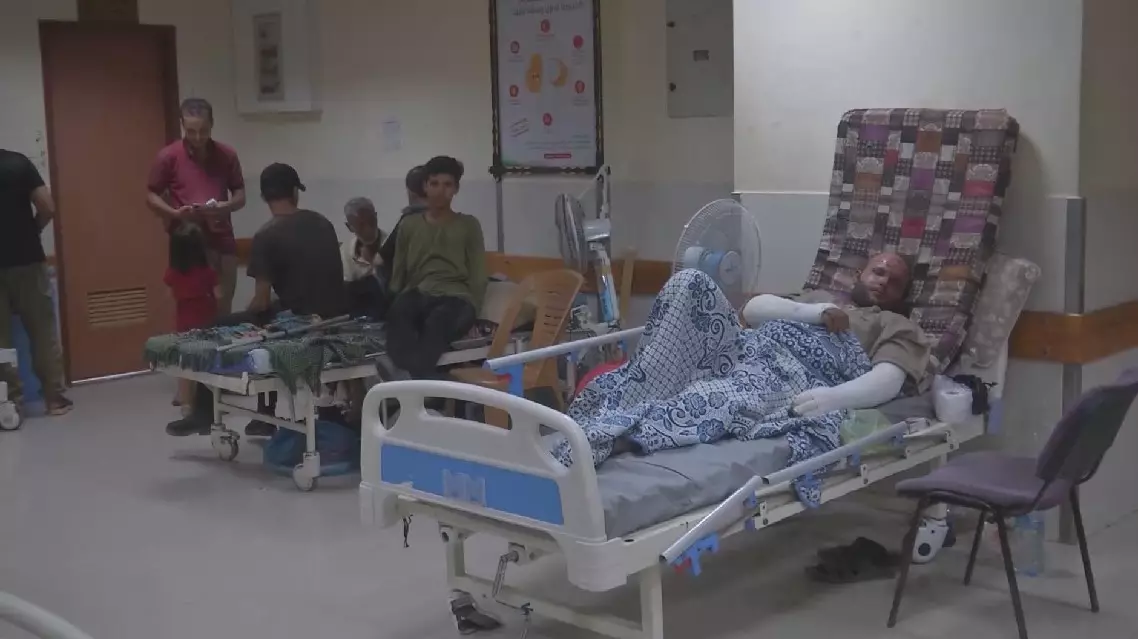Gaza's healthcare system is facing an acute shortage of essential drugs and medical supplies due to the ongoing Israeli attacks and restrictions on the entry of humanitarian aid, dramatically increasing the suffering of Palestinian patients and reducing their chances of survival.
Palestinian health authorities say 60 percent of essential medicines and more than 80 percent of medical supplies it lists as necessary to run operating rooms in the Gaza Strip have run out of stock.
Nasser Medical Complex in the southern Gaza Strip city of Khan Younis was recently forced to shut down a number of its main operating rooms due to a lack of necessary medical supplies. Dr. Kifah Toman, director of the hospital's drug dispensaries, said this has significantly increased the death rate among patients.
"Open-heart surgeries and cardiac catheterization have completely stopped, which has led to many deaths, as well as the failure to perform kidney dialysis for patients due to the severe shortage of a kidney dialysis agent and the medical supplies needed for kidney dialysis," said Toman.
Abd Hassan is one of thousands of wounded Palestinians whose lives are threatened by the severe shortage of medicines. He suffers increased pain due to a lack of even basic painkillers. The situation is made worse by the continued closure of the Rafah land crossing and the prevention of the injured from traveling for treatment outside Gaza.
"The treatment for my condition is not available here. I've been waiting for two months to travel for treatment abroad, but the occupation prevents this and imposes strict and unjustified restrictions on the travel of patients to receive treatment. We are asking for our most basic right, which is treatment," Hassan said.
Displaced elderly Palestinians and patients with cancer, high blood pressure and heart disease suffer from a shortage of regular medical supplies needed to treat their conditions, posing a significant threat to their health.
"My life is at risk, like many people with chronic diseases. We search from one place to another in hospitals. We've not been able to find aspirin for two months, nor even the Visacor to expand the arteries," said Khaled Al-Soussi, a patient.
The United Nations reports that there are no hospitals operating at full capacity in Gaza. The World Health Organization has warned that hospitals lack sufficient supplies, forcing doctors to perform amputations on injured people due to a lack of treatments that could save their limbs.

Depleted medical supplies in Gaza threaten patients' survival amid conflict, restrictions

Depleted medical supplies in Gaza threaten patients' survival amid conflict, restrictions

Depleted medical supplies in Gaza threaten patients' survival amid conflict, restrictions

Depleted medical supplies in Gaza threaten patients' survival amid conflict, restrictions









